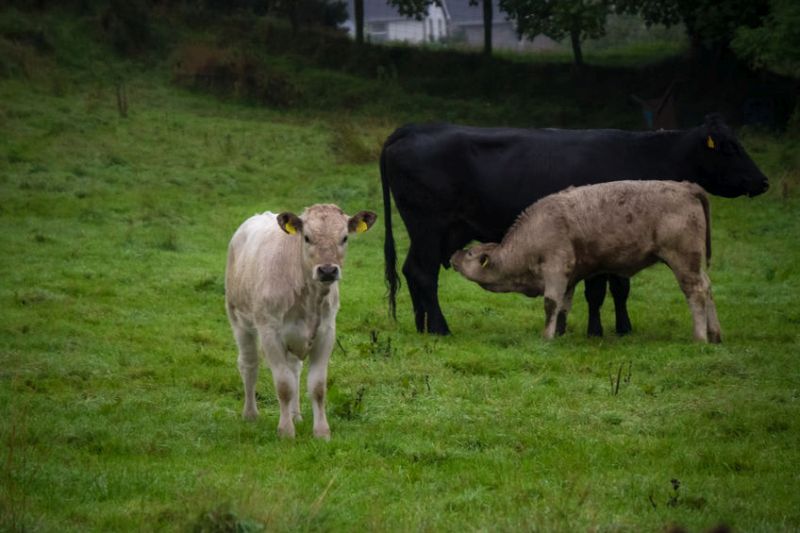
A request has been submitted for two amendments to an assurance scheme to speed up efforts to eradicate bovine viral diarrhoea from Northern Ireland.
The Ulster Farmers’ Union (UIFU) and Northern Ireland Meat Export Association (NIMEA) have submitted a request for two amendments to the Farm Quality Assurance Scheme (FQAS) for beef and lamb to battle BVD.
Both bodies reached agreement to request that the scheme includes requirements to appropriately isolate BVD positive (BVDP) animals and for BVDP animals to be retested with negative results or removed within 35 days of the farmer receiving the initial positive test result.
If the requests are approved by the FQAS board, it will be seen as a significant step towards the eradication of BVD in Northern Ireland.
The industry has already made significant progress to reduce BVDP animal numbers and retention.
In the last 12 months, herds with BVDP animals have fallen by 39 per cent and retained animals with the disease are down 43 per cent.
UFU deputy president David Brown said: “Many farmers are tackling the issue head-on. However, some are still holding on to BVDP animals.
“Adding the requirement to isolate and remove a BVDP animal within 35 days of a positive test into the NIFQAS, will help to substantially reduce the number of infectious animals in the country.”
Mr Brown added: “Ultimately, this action will minimise the risk to disease free herds, reduce antibiotic usage and improve the health and welfare of the Northern Ireland cattle herd.
“All are positive steps moving us towards our goal of BVD eradication faster.”
BVD is a common cause of respiratory and reproductive issues in cattle. It is an economically important disease in many countries around the world.
The disease costs the Northern Irish beef and lamb sector millions of pounds of inefficiency.
